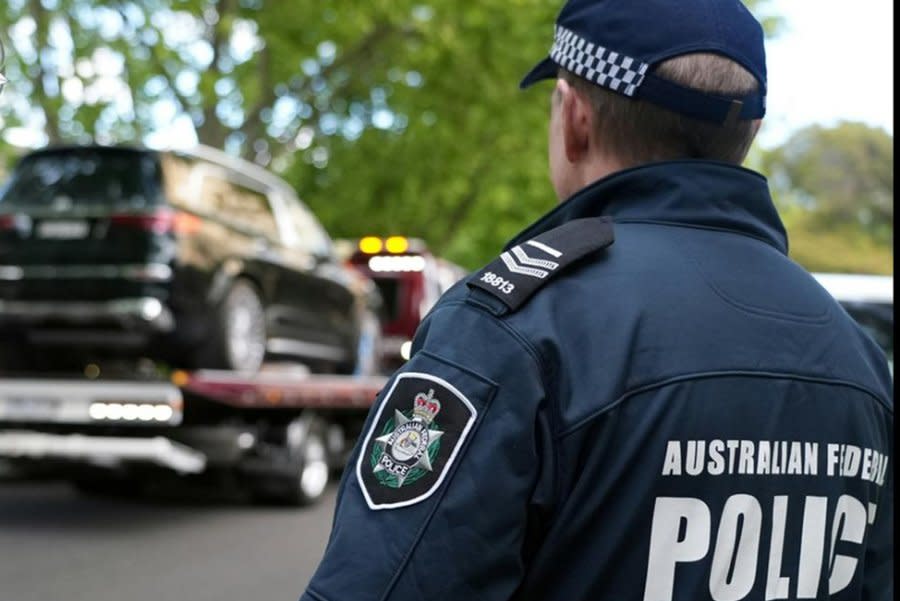Australian Police charge 7 in money laundering scheme for Chinese crime syndicate

Oct. 26 (UPI) -- Australian Federal Police on Thursday charged seven people for their involvement in a secret illegal billion-dollar money laundering enterprise.
Four Chinese nationals and three Australians were charged for their alleged involvement in the scheme to launder more than $145 million over the past three years and are set to appear in Melbourne Magistrates' Court on Thursday.
The AFP claimed the Changjiang Currency Exchange was run by the Long River money laundering crime syndicate, which laundered money acquired through cyber-enabled scams, trafficking of illicit goods and violent crimes.
AFP Eastern Command Assistant Commissioner Stephen Dametto said the syndicate allegedly purchased false passports for $126,000 each, which could have enabled members to flee the country in the event law enforcement agencies became suspicious.
"The AFP will allege the Changjiang Currency Exchange was able to hide its illegal behavior because it looked like a legitimate and lawful money remitter," Dametto said.
"The reason why this investigation was so unique and complex was that this alleged syndicate was operating in plain sight with shiny shopfronts across the country -- it was not operating in the shadows like other money laundering organizations."
The exchange has 12 shop fronts throughout Australia's mainland and is now subject to regulatory action.
Dametto said one of the tipoffs about the operation came during the COVID-19 pandemic when the Changjiang Currency Exchange appeared to be doing robust business despite global travel bans and lockdowns of many businesses.
"[The AFP] noticed Changjiang Currency Exchange opened and updated new and existing shopfronts in the heart of Sydney," Dametto said. "It was just a gut feeling. It didn't feel right. Many international students and tourists had returned home, and there was no apparent business case for Changjiang Currency Exchange to expand."

